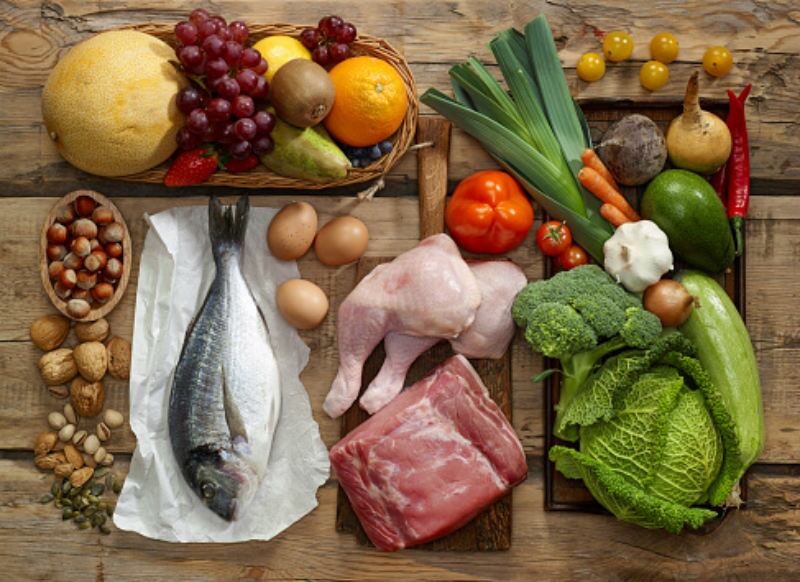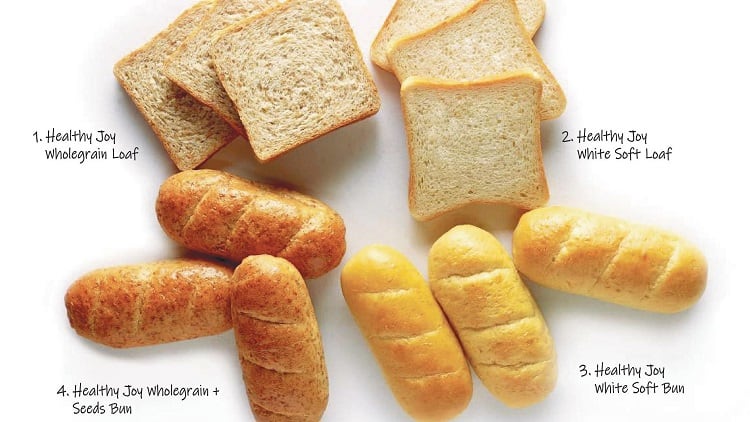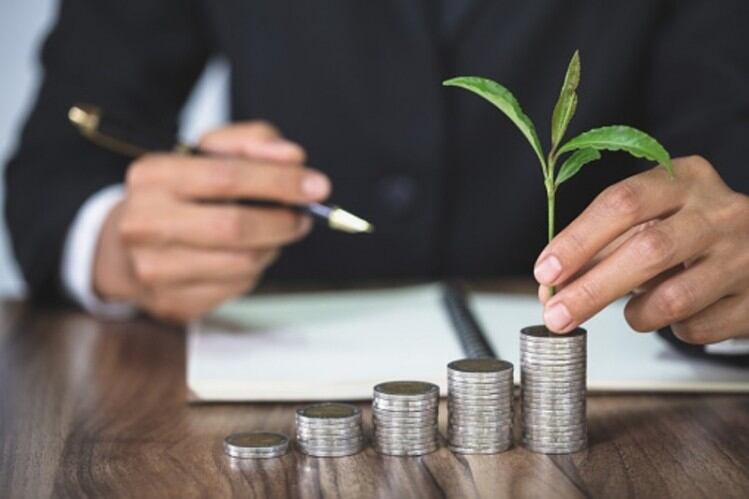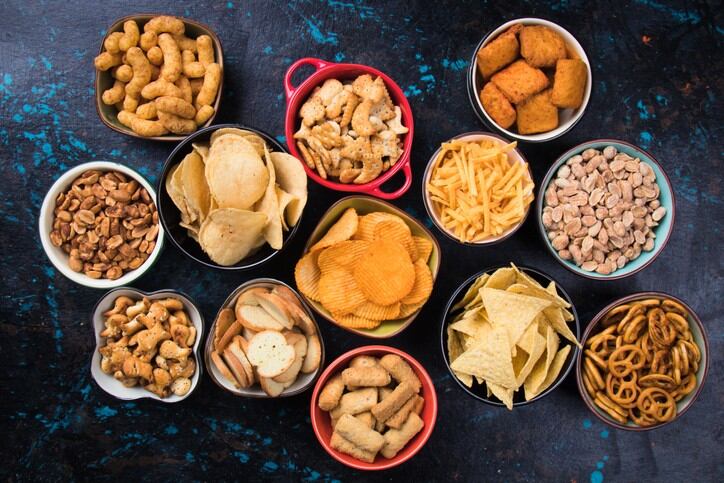It comes after South Korea’s Ministry of Agriculture, Food and Rural Affairs (MAFRA) revised the local Basic Framework Act on Agriculture, Rural Community and Food Industry.
As part of the policy, a major change will see local governments being mandated to step up efforts in terms of direction, implementation and promotion.
“The [specified inclusion of] local governments in the policy is expected to provide a stable basis for local food plans, and has been added to guarantee the availability of food for residents in all localities as well as to enhance the sustainability of the food system,” MAFRA stated via a formal statement.
“[This is part of] the nation’s overall Food Strategy, and MAFRA believes that this will enhance the interest and responsibility of the state and local governments [to ensure] the provision of healthy and safe food, in addition to providing a basis for the organisation of national and local expenses to support the establishment and implementation of local food projects.
“This is crucial and significant in securing stable nationwide implementation.”
Once enforced, local governments will need to set up food policy goals and basic directions to ensure the sustainable procurement of food for their areas via the national food plan, in addition to taking charge of analysing the current state of food, prioritise food supply and guarantee food availability for the underprivileged in their areas.
“A regional food committee has been formed to deliberate vital matters of the regional food plans, and a Food Integration Support Centre has also been established [whereby] local governments will be able to systematically manage the production, processing and distribution of local food products whilst also delegating necessary tasks,” said MAFRA.
The new regulatory updates are expected to come into force in June 2022.
National food project investments
In addition to regulatory updates, the government has also announced the allocation of some KRW73.3bn (US$59.4mn) to be used for national food and agricultural R&D projects throughout the rest of 2022, with most of these focused on food technology and food system sustainability.
A total of 12 projects have been approved for this investment till date, including a high value-added food technology development project, the establishment of a modern export business strategy model for agri-food exports, technology for the localisation of core agricultural materials, technology to power industrial machinery with eco-friendly power sources, technology commercialisation, infrastructure and disaster response technology and more.
“[The aim is to] converge our research from agricultural and food technology with that of other fields [to achieve the best] advancements,” MAFRA Science and Technology Policy Division Head Kim Young-soo said.
“This is the most effective strategy to achieve sustainable growth for the food and agriculture industry, and to bring our research results to life for the general public in Korea.”





